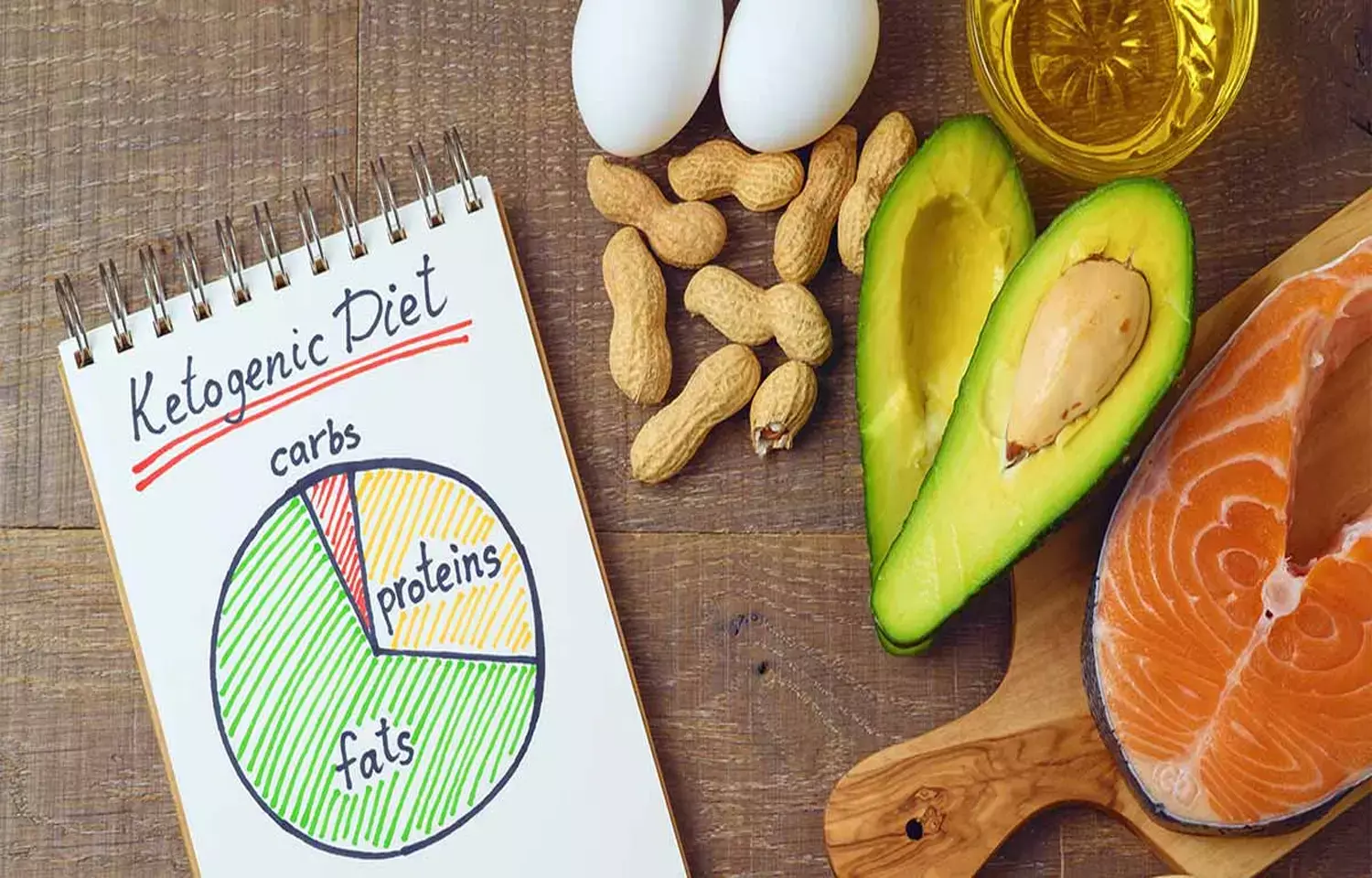- Home
- Medical news & Guidelines
- Anesthesiology
- Cardiology and CTVS
- Critical Care
- Dentistry
- Dermatology
- Diabetes and Endocrinology
- ENT
- Gastroenterology
- Medicine
- Nephrology
- Neurology
- Obstretics-Gynaecology
- Oncology
- Ophthalmology
- Orthopaedics
- Pediatrics-Neonatology
- Psychiatry
- Pulmonology
- Radiology
- Surgery
- Urology
- Laboratory Medicine
- Diet
- Nursing
- Paramedical
- Physiotherapy
- Health news
- Fact Check
- Bone Health Fact Check
- Brain Health Fact Check
- Cancer Related Fact Check
- Child Care Fact Check
- Dental and oral health fact check
- Diabetes and metabolic health fact check
- Diet and Nutrition Fact Check
- Eye and ENT Care Fact Check
- Fitness fact check
- Gut health fact check
- Heart health fact check
- Kidney health fact check
- Medical education fact check
- Men's health fact check
- Respiratory fact check
- Skin and hair care fact check
- Vaccine and Immunization fact check
- Women's health fact check
- AYUSH
- State News
- Andaman and Nicobar Islands
- Andhra Pradesh
- Arunachal Pradesh
- Assam
- Bihar
- Chandigarh
- Chattisgarh
- Dadra and Nagar Haveli
- Daman and Diu
- Delhi
- Goa
- Gujarat
- Haryana
- Himachal Pradesh
- Jammu & Kashmir
- Jharkhand
- Karnataka
- Kerala
- Ladakh
- Lakshadweep
- Madhya Pradesh
- Maharashtra
- Manipur
- Meghalaya
- Mizoram
- Nagaland
- Odisha
- Puducherry
- Punjab
- Rajasthan
- Sikkim
- Tamil Nadu
- Telangana
- Tripura
- Uttar Pradesh
- Uttrakhand
- West Bengal
- Medical Education
- Industry
Ketogenic diets could prevent, reverse heart failure, claims study

ST. LOUIS - Research from Saint Louis University finds that high fat or "ketogenic" diets could completely prevent, or even reverse heart failure caused by a metabolic process.
The research team, led by Kyle S. McCommis, Ph.D., assistant professor in Biochemistry and Molecular Biology at SLU, looked at a metabolic process that seems to be turned down in failing human hearts.
In an animal model, drastic heart failure in mice was bypassed by switching to high fat or "ketogenic" diets, which could completely prevent, or even reverse the heart failure.
"Thus, these studies suggest that consumption of higher fat and lower carbohydrate diets may be a nutritional therapeutic intervention to treat heart failure," McCommis said.
The findings, "Nutritional Modulation of Heart Failure in Mitochondrial Pyruvate Carrier-Deficient Mice" were published online Oct. 26 in Nature Metabolism. This research, which was initiated during McCommis' postdoctoral and junior faculty positions at Washington University School of Medicine, then was completed at Saint Louis University School of Medicine.
The heart's myocardium requires vast amounts of chemical energy stored in nutrients to fuel cardiac contraction. To maintain this high metabolic capacity, the heart is flexible and can adapt to altered metabolic fuel supplies during diverse developmental, nutritional, or physiologic conditions. Impaired flexibility, however, is associated with cardiac dysfunction in conditions including diabetes and heart failure.
The mitochondrial pyruvate carrier (MPC) complex, composed of MPC1 and MPC2, is required for pyruvate import into the mitochondria. This study demonstrates that MPC expression is decreased in failing human and mouse hearts, and that genetic deletion of the MPC in mice leads to cardiac remodeling and dysfunction.
"Interestingly, this heart failure can be prevented or even reversed by providing a high-fat, low carbohydrate "ketogenic" diet," McCommis said. "A 24-hour fast in mice, which is also "ketogenic" also provided significant improvement in heart remodeling."
Diets with higher fat content, but enough carbohydrates to limit ketosis also significantly improved heart failure in mice lacking cardiac MPC expression.
"Our study reveals a critical role for mitochondrial pyruvate utilization in cardiac function, and highlights the potential of dietary interventions to enhance cardiac fat metabolism to prevent or reverse cardiac dysfunction and remodeling in the setting of MPC-deficiency," McCommis said. Ongoing studies will seek to uncover the importance of ketone body versus fate metabolism in this process of improved cardiac remodeling.
Take-aways
- Diets enriched with higher levels of fat but enough carbohydrate and protein to limit ketosis were also able to significantly improve or even prevent cardiac remodeling and dysfunction in a mouse model.
- These studies suggest that consumption of higher fat and lower carbohydrate diets may be a nutritional therapeutic intervention to treat heart failure.
- Like ketogenic diet, prolonged fasting increases the cardiac reliance on fatty acid oxidation and reduces ketolytic flux despite increased cardiac ketone body delivery. The 24-hour fast reduced blood glucose levels, and strongly enhanced plasma concentrations of non-esterified fatty acids and ketone bodies.
- Ketogenic diet consumption for only three weeks and the concordant increase in fat metabolism was associated with reverse remodeling of the failing hearts to essentially normal size.
- These results suggest that ketogenic diets do not enhance cardiac ketone body metabolism, but rather stimulates fatty acid oxidation, which may be responsible for the improved cardiac remodeling and performance
https://www.nature.com/articles/s42255-020-00296-1
Hina Zahid Joined Medical Dialogue in 2017 with a passion to work as a Reporter. She coordinates with various national and international journals and association and covers all the stories related to Medical guidelines, Medical Journals, rare medical surgeries as well as all the updates in the medical field. Email: editorial@medicaldialogues.in. Contact no. 011-43720751
Dr Kamal Kant Kohli-MBBS, DTCD- a chest specialist with more than 30 years of practice and a flair for writing clinical articles, Dr Kamal Kant Kohli joined Medical Dialogues as a Chief Editor of Medical News. Besides writing articles, as an editor, he proofreads and verifies all the medical content published on Medical Dialogues including those coming from journals, studies,medical conferences,guidelines etc. Email: drkohli@medicaldialogues.in. Contact no. 011-43720751


